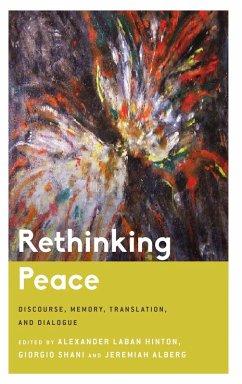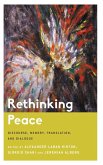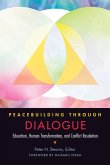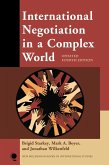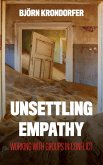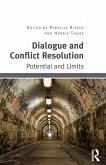Long considered a subfield of international relations and political science, Peace Studies has solidified its place as an interdisciplinary field in its own right with a canon, degree programs, journals, conferences, and courses taught on the subject. Internationally renowned centers offering programs on Peace and Conflict Studies can be found on every continent. Almost all of the scholars working in the field, however, are united by an aspiration: attaining Peace, whether "positive" or "negative." The telos of peace, however, itself remains undefined and elusive, notwithstanding the violence committed in its name.
This edited volume critically interrogates the field of peace studies, considering its assumptions, teleologies, canons, influence, enmeshments with power structures, biases, and normative ends. We highlight four interrelated tendencies in peace studies: hypostasis (strong essentializing tendencies), teleology (its imagined "end"), normativity (the set of often utopian and Eurocentric discourses that guide it), and enterprise (the attempt to undertake large projects, often ones of social engineering to attain this end). The chapters in this volume reveal these tendencies while offering new paths to escape them.
Visit http://www.rethinkingpeacestudies.com/ for further details on the Rethinking Peace Studies project.
This edited volume critically interrogates the field of peace studies, considering its assumptions, teleologies, canons, influence, enmeshments with power structures, biases, and normative ends. We highlight four interrelated tendencies in peace studies: hypostasis (strong essentializing tendencies), teleology (its imagined "end"), normativity (the set of often utopian and Eurocentric discourses that guide it), and enterprise (the attempt to undertake large projects, often ones of social engineering to attain this end). The chapters in this volume reveal these tendencies while offering new paths to escape them.
Visit http://www.rethinkingpeacestudies.com/ for further details on the Rethinking Peace Studies project.

